|
This is a transcript from Radhika's presentation at the book launch of Carlos Garrido's The Purity Fetish and the Crisis of Western Marxism, which you may purchase HERE. Thanks for the invitation to be part of this panel of some of the most acute thinkers discussing this very important book. It is important particularly for its focus on dialectics, which is a philosophical mode that is much maligned and misunderstood in the English speaking world, dismissed as ‘Hegelian mystical fog’. Garrido’s is a crystal clear discussion of dialectics and why it matters, very practically, today. In the few minutes I have, I want to liken Carlos’s discussion of what he calls the purity fetish – the inability of most of the Western left to give up its juvenile longing for some sort of pure socialism and embrace socialism in its inevitably soiled earthiness – to Marx’s discussion of ‘the fetish character of commodities’. Though Carlos uses the term fetish in his title and argument, he does not draw the parallels that I see between Marx’s discussion of ‘the fetish character of commodities’ at the end of the first chapter of Capital, volume 1. I also value this opportunity to make this parallel because I am fed up with people, including many scholars claiming to be well versed on Marx and Capital, assuming that the ‘fetishism of commodities’ is about ‘consumerism’. The similarities between Marx’s argument about the fetish character of commodities and Carlos’s argument about the purity fetish become clearest if we begin with what Carlos argues at the close of his introduction: that what can help overcome Western Marxism’s purity fetish is not simply, as Losurdo argues, “learning to build a bridge between the different temporalities” found in Marx’s notion of communism – that is, on one end, the utopian remote future where “society inscribes on its banners: From each according to his ability, to each according to his needs!” and the actual future where communism is described as the “real movement which abolishes the present state of things.” If, for Garrido, this intellectual move is not enough, this is very similar to Marx’s argument that the intellectual recognition of the source of value is not enough to banish the fetish character of commodities. The ‘mystical character’ attaches itself to the commodity thanks to its social form and the three-fold objectivity it gives to historically specific social relations. First is that ‘[t]he equality of the kinds of human labour takes on a physical form in the equal objectivity of the products of labour as values’. Secondly, the measure of the expenditure of human labour-power by its duration takes on the form of the magnitude of the value of the products of labour’. And thirdly, ‘the relationships between the producers, within which the social characteristics of their labours are manifested, take on the form of a social relation between the products of labour’. Thus the fetish character of commodities arises from
However, Marx also argued that the mere intellectual understanding was not going to be enough to banish the mysticism and replace it with clarity. That clarity would only be achieved by a clarification, and thus transformation, of the social relations: The belated scientific discovery that the products of labour, in so far as they are values, are merely the material expressions of the human labour expended to produce them, marks an epoch in the history of mankind's development, but by no means banishes the semblance of objectivity possessed by the social characteristics of labour. Something which is only valid for this particular form of production, … appears to those caught up in the relations of commodity production … to be just as ultimately valid as the fact that the scientific dissection of the air into its component parts left the atmosphere itself unaltered in its physical configuration. The reason is that the appearance arises spontaneously, not from thought but from practice. Men do not therefore bring the products of their labour into relation with each other as values because they see these objects merely as the material integuments of homogeneous human labour. The reverse is true: by equating their different products to each other in exchange as values, they equate their different kinds of labour as human labour. (KI: 166) This means, again in Marx’s words, that The veil is not removed from the countenance of the social life-process, i.e. the process of material production, until it becomes production by freely associated men, and stands under their conscious and planned control. This, however, requires that society possess a material foundation, or a series of material conditions of existence, which in their turn are the natural and spontaneous product of a long and tormented historical development. There is no way of banishing the semblance when it is daily reproduced by human social practice. Carlos’s argument in The Purith Fetish is similar. The purity fetish cannot be removed by mere intellectual advances. It requires the emergence of a different reality, in his case, a different kind of left. Mere intellectual realization of the truth is not enough. Although [it] is important, …. a more accurate ‘cure’ is for Western Marxism to reflect on the objective conditions which drive its purity fetish, and once self-conscious of these, move towards both changing these objective conditions (which means moving away from a PMC dominated left and towards a working class centered left, free of the dominant influence of the PMC Iron Triangle institutions and culture), and towards stripping its purity fetish outlook – something which can only be done through the rearticulation of its ambiguous ideological elements towards a consistent dialectical materialist worldview. In essence, Garrido’s argument is that the purity fetish is rooted in the objective division between intellectual and manual labour which, in late capitalism, had developed into a veritable class divide. Indeed. In the twenty-first century, it is also a national divide, with the intellectual and manual elements of the working class occupying not just different parts of cities or different parts of a country, but different countries. The richer countries of the world not only concentrate within themselves the ‘intellectual’ functions of labour, but also rely on regularly siphoning off the ‘intellectual’ elements of the working classes of the rest of the world, appropriating these, gratis, from the rest of the world. This is also why the struggle for socialism must also always be anti-imperialist. Unless we move on from this sort of left, towards a left that is connected with the real struggles of working people world-wide, we will not be rid of the purity fetish. FULL BOOK LAUNCH HERE: Author Dr. Radhika Desai is a Professor at the Department of Political Studies, and Director of the Geopolitical Economy Research Group at University of Manitoba, Winnipeg, Canada. She has proposed a new historical materialist approach to understanding world affairs and geopolitical economy based on the materiality of nations. Some of her recent books include Geopolitical Economy: After US Hegemony, Globalization and Empire (2013), Karl Polanyi and Twenty First Century Capitalism (2020) Revolutions (2020) and Japan’s Secular Stagnation (2022). Her articles and book chapters appear in international scholarly journals and edited volumes. With Alan Freeman, she co-edits the Geopolitical Economy book series with Manchester University Press and the Future of Capitalism book series with Pluto Press. Her latest book is Capitalism, Coronavirus and War: A Geopolitical Economy, which is now available through open access. Archives June 2023
1 Comment
This is a transcript from Alan's presentation at the book launch of Carlos Garrido's The Purity Fetish and the Crisis of Western Marxism, which you may purchase HERE. Transcription by Emily Doringer Noah Khrachvik: … Alan Freeman is a former principal economist with the Greater London Authority and is now a research affiliate of the University of Manitoba. With Radhika Desai, he is co-director of the Geopolitical Economy Research Group. He is also co-editor of the Future of World Capitalism book series with Pluto Books, and the Geopolitical Economy book series with Manchester University Press He is a committee member of the Association for Heterodox Economics (www.hetecon.net) and a vice-chair of the World Association for Political Economy. He is a board member of Video Pool Winnipeg and the Christopher Freeman Trust, and a former board member of the Winnipeg Symphony Orchestra. Go ahead, Alan-- Alan Freeman: I’m very pleased to be in this discussion for two reasons. One is that it’s a wonderful book, but the second is that we’re talking, that we have at least three organizations whose origins are completely different, who are sitting around and actually talking. And I must say from my experience on the left—this is a very rare event. This is a very important new stage in the evolution of the left, grounded in actually acknowledging a variety of different views that exist and discussing them out, so that’s a very welcome event, it’s a very welcome book. I often say that I prefer to meet and discuss with people that I don’t agree with than people I agree with because if I discuss with people I agree with, I know what they’re going to say. So, the reason for discussing with people you don’t agree with is precisely to bring out differences, which is the purpose of dialectic. So I am going to kind of, in a humorous way, say, I’m going to throw out a criticism of the book, which is a friendly criticism. I think it’s too soft on the hard left. And I’ll try to do a second thing, which I don’t know if I can do in the time, and that is to bring that into an evaluation of a very important contribution of the book, which is its critique of the Socratic and Platonic tradition. And you may think, “what the hell is the connection between those?” So I’m going to read a few quotes out to you that may make you think more about, you know, what did Plato actually say? The first is Alfred North Whitehead, who said: “The safest general characterization of the European philosophical tradition is that is consists of a series of footnotes to Plato.” So everything you’ve been brought up on, that you’ve been told is the basis of western democracy owes most of what it claims to its heroes Plato and Socrates. What they forget is that both Plato and Socrates were irreconcilable enemies of democracy. Their position in Greek society arose after the defeat of the Athenian democracy in the Peloponnesian War, probably self-inflicted, but nevertheless a defeat. A tyranny of the Council of Thirty, who killed nearly 5% of the Athenian population, exiled many more. And they came to the conclusion after looking at this that the problem was democracy, and what you needed what a rule of the experts, a rule of the philosophers. And this rule had to be based on what Plato calls the “noble lie.” So your recipe for democracy is first of all, you put experts in charge. Don’t have anything to do with democracy which Socrates and Plato both called, “the rule of the ignorant.” And second is you have to lie to them. That’s the foundation of western democracy. And the lie in Plato is justified in the following terms: that it is necessary in order to maintain social harmony, so it’s a “noble lie.” And he tells a fictional tale know as the “Myth (or Parable) of the Metals.” And this is the origin of the Three Social Classes who compose his “Ideal,” his “Pure” republic, which never came into existence. It’s perhaps the first form of the purity fetish. And these are--the gold, the silver, and the iron. And the gold, the silver, and the iron are--the rulers, the workers (the iron), and the guys in the middle who kind of, you know, do the real business. Now I want to put it to you that that “Noble Lie” and the rule of the philosophers are what we are actually getting from the far left. And I explain this in the following way: I have never met a member of the far left who is, and I count myself as a member of the far left, but of a far left purist organization, that has justified supporting the Provisional IRA in Marxist terms, or defending Saddam Hussein in Marxist terms, or defending the Iranian Revolution in Marxist terms, or siding with Russia in the aggression of NATO against it that provoked the current war, in Marxist terms. I’ve never heard any justification for supporting socialist China in Marxist terms, from many of these people. So what are these people? They are apologists for imperialism. Let’s say that bluntly. Let’s say that loud, and let’s say that clearly. And the way they do it is the same as the method of Plato, which is they construct—basically based on a confusion between form and essence – an ideal form: an ideal society has to be like this, and if it’s not, it’s wrong, it’s impure, it’s imperfect. But the doctrine of essence that was developed in the Hegelian-Marxist tradition is something very different. It says, “no, we don’t look at what’s ideal, we look at what lies behind what we see.” Now in both of them they can appear quite similar, because they make a contrast between what you see and what’s really going on. So this gets distorted, I mean I have a lovely quotation from Wolras, the founder of modern economic thesis: “A truth long a go demonstrated by the Platonic philosophy is that science does not study corporeal entities, but universals of which these entities are manifestations. Corporeal entities come and go, but universals remain forever. Universals, their relations, and their laws are the object of all scientific study.” Now that, you know, you could sort of square that with a kind of Hegelian narrative that underneath the reality there lies some, underneath the observed superficial appearance, there lies something. But actually, it’s the opposite. And there’s another beautiful quotation from Plato that illustrates this. Because Plato argued that to stop people resorting to the sin of looking at things as they really were, what you have to do is you have to have gods that are out of reach. So Plato actually invented the idea that the heavens are the abode of the gods. Not Mount Olympus. Because they’re so far above us that you will never have people saying I want to go there and see what’s happening. Nowadays, you do have it, in Plato’s time you didn’t. And he justifies this with this wonderful phrase which I’ve—just sums it all up: “No one can ever gain knowledge of any sensible object by gazing upwards, any more than shutting his mouth and searching for it on the ground because there can be no knowledge of sensible things. These intricate traceries in the sky are no doubt the loveliest and most perfect of material things. But still part of the visible world, and they therefore fall far short of the true realities, the real relative philosophies in the world of pure number and all perfect geometrical figures.” So he says not only can you not see things in the heavens, but there’s no point in looking at the heavens, because the real heaven is even beyond all that. It’s completely inaccessible. Now, how does that work? The gold and the silver and the iron are with us today. The gold is the world created by the imperialists. It’s perfect, it’s wonderful. Everything else is an inferior form of that. Then we have the people who kind of go along with that, and they’re the silver. The people who collaborate with that. And then you have the iron who is everybody else. And everybody else is inferior. The fundamental way that Russians are described in the narrative of the West is in the words of somebody like [EU foreign policy chief] Joseph Borrell: “Europe is a garden, and everywhere else is a jungle.” That’s naked racism, and when people in the Ukrainian government persistently say that the problem is all Russians, not the Russian state, not the Russian government, but all Russians—that naked racism. And it’s only accepted by people from pure Marxism because they use the pure Marxism to prove that Russia is just an imperialist country like any other. Now I’m going to say one more thing to bring all that back together. And this is what you might call the classic origin of purity, which is the way in which Lenin defended the Russian Revolution against the charge of putschism. And he does that by reference to the Paris Commune. And from the notion of the Paris Commune is the dictatorship of the proletariat, or the prototype thereof, there comes the justification that he gives for the Soviet form of the state. I think I have no issue with that at all. But I think that subsequently what happened, is people then, through the purity fetish in its earliest form, said “only if you have a Soviet republic do you have a pure democracy, do you have a real democracy, do you have something that fits the criteria of Marxism-Leninism.” Now what’s wrong with that? Lenin never says that the Paris Commune proves that the ideal form of democracy is Soviet democracy. What he says, and this is essence as opposed to form, is that you cannot have a socialist revolution. You cannot go to a new form of society in which the working class rules, without smashing the existing state. There are a hundred different ways to smash the state. Sometimes it just dissolves itself and then you can have a quiet, peaceful process. Sometimes it fights back very, very hard and then you have to have a revolutionary war. Or, as in China, sometimes you simply have an upsurge against the state, and the state virtually disappears and is replaced by something that you don’t quite understand, like the Iranian state. But to impose on that the criterion that it has to meet the ideal form is to misunderstand the need to look at it from the standpoint of essence. That is, does it advance and defend the interests of working people and does it retard and make more difficult the interests of the property owners? And I’ll finish on a wonderful statement that was given in one of our webinars by an Iranian revolutionary, which is the analogy of the ice cream. He says the way that revolutionaries approach revolutions is they say—"I’m going to an ice cream van, and I’m going to get offered a strawberry ice cream, a Neapolitan ice cream, a vanilla ice cream. And I’ll choose the strawberry one.” He says, when you have a revolution, you don’t get a choice. You get the damn ice cream. And you take what you’re given. I think that notion that you deal with the reality, you look at the essence behind it, but you do not worship form, is the true way that the tradition of Marxism and of all the revolutionary currents one finds, whether they call themselves Marxist or not, should be adopted and taken on board in a rich and broad dialogue – for instance, - with Bolivarianism, with the Iranian revolutionary tradition, with the emerging currents that we now see in the very fervent debate going on in Russia, with the socialist China and the Chinese Communist Party and the Vietnamese Communist Party. That’s the kind of debate we need. A broad debate in which we all engage with each other on the basis of mutual respect without any precondition that we’re going to say, “this is pure” and if you don’t say that, then we’re actually going to go into another shouting match. FULL BOOK LAUNCH: 6/13/2023 On The Dialectics of Socialism and Western Marxisms’ Purity Fetish. By: Gabriel RockhillRead NowThis is a transcript from Gabriel's presentation at the book launch of Carlos Garrido's The Purity Fetish and the Crisis of Western Marxism, which you may purchase HERE. Transcription by Emily Doringer Noah Khrachvik: Our next speaker is Gabriel Rockhill. Gabriel Rockhill is a Franco-American philosopher, cultural critic and activist. He is the founding Director of the Critical Theory Workshop and Professor of Philosophy at Villanova University. His books include Counter-History of the Present: Untimely Interrogations into Globalization, Technology, Democracy (2017), Interventions in Contemporary Thought: History, Politics, Aesthetics (2016), Radical History & the Politics of Art (2014) and Logique de l’histoire (2010). In addition to his scholarly work, he has been actively engaged in extra-academic activities in the art and activist worlds, as well as a regular contributor to public intellectual debate. Follow on twitter: @GabrielRockhill Gabriel Rockhill: Thank you so much, comrades, it’s great to be here with you for this important event. I have a few congratulatory remarks for Carlos, and then I have three comments based on the book, which have to do with elements that inspired my thinking and conversations I’ve been having with organizers in my circles. So first and foremost, I think the book is quite an significant achievement, at two levels at least. One is that it manifests the collective ethos of everything that you’ve been doing at Midwestern Marx, which is quite an incredible undertaking. It is very impressive that a group of people can build on their own such a significant, collectively resourced institute that provides political education, brings people into the struggle, breaks down complex ideas, makes them accessible to a large audience, etc. You occupy a very significant position, and I think an important element of Carlos’s work has to do with the ways in which he’s been working with other people in this collective endeavor, not simply to fight intellectually against the purity fetish, but to build institutional power in order to struggle back against it. Collective institution building should never be given short shrift because it’s one of the most important things we can do. The second achievement is that the book itself is highly accessible and very well written. It is also urgent, insofar as it addresses one the central problems facing the contemporary left, particularly within the imperialist core . It provides a resounding critique of the purity fetish, of controlled counter-hegemony, and other related issues, while also advancing a positive project. So it’s dialectical through and through, and that’s one of its strengths. It’s also a kind of manifesto for the anti-imperialist left. I would therefore encourage everyone to read the book. As Radhika pointed out, it is also relatively thin so you can get through it. It is erudite without being bogged down in academic referentiality. Regarding the points that I want to highlight for discussion, the first one is that Carlos provides us with a very astute account of what I would call the dialectics of socialism. The relationship between capitalism and socialism is not a simple relation between two fixed socio-economic systems, as if there would be capitalism over here, which would be “A” and socialism over here, which would be “B.” On the contrary, socialism is a collective project that is built out of the skeletal system of capitalism in its decline. Therefore, socialism inherits so many of the problems that plague the history of capitalism. And it is tasked with doing something that is nearly impossible, which is moving from a system that is based on profit over people to one in which people are put at the center of the socio-economic system. One of my favorite jokes that I’ve heard about the socialist project is the following: socialism looks good on paper, but in reality… you just get invaded by the United States. This, of course, addresses the fact that we’ve never had a free socialist country emerge in the history of the world. We have only had what Michael Parenti calls “socialism under siege”: every single socialist experiment has been the target of imperialist destruction. This means that socialism as it emerges in the very real world has to deal with these concrete material factors that it does not control, because it is coming from the bottom up, within a world-system dominated by capitalism. Moreover, socialist countries need to develop by starting out from a position within the geopolitical world of structural under-development. They have to do this without relying on many of the principal mechanisms of development under capitalism, such as colonialism and extreme forms of racist super-exploitation. Finally, socialists inherit all of the political and moral injustices of the capitalist system—baked in racism and homophobia, misogyny and gender oppression, all of the ideologies of the capitalist world—as well as ecological degradation. I think that Carlos’s book does a good job of bringing to the fore this dialectics of socialism and the fact that we should never expect a pure and perfect socialist system to spring forth fully formed as if from the head of Zeus. Instead, we should actually anticipate that socialism will be wracked by a whole series of contradictions related to the fact that it is born out of a system of human and environmental degradation, which is the capitalist system. What is absolutely remarkable, and again Carlos’s book brings this to the fore, is that in spite of all of these odds, or against all of these odds, if you look at the quantifiable data that we currently have, socialism has registered some truly remarkable victories. In fact, there’s an interesting study that was done in 1986 that used data from the World Bank, which couldn’t be accused of being a communist sympathizer, and which is arguably the largest body of data globally. This study compared the Physical Quality of Life Index—which is a composite index calculated from life expectancy, infant mortality rate, and literacy rate—in socialist and capitalist countries at similar levels of development. It found that socialist countries had a more favorable performance in 22 of 24 comparisons. So what’s extraordinary is that even though socialism emerges in this dialectical tension with capitalism, it has nonetheless proven itself successful at the level of its material gains for working people. In that regard, Carlos’s book is an invitation for us to think very differently about the socialist project than the Western fetishization of purity tends to make us think about it. That is, it encourages us to both recognize the extreme difficulties of the socialist project and also support and celebrate the incredible gains that have been made for humanity, and for that matter planet Earth, given the environmental policies of socialist countries. On the latter front, there have, of course, been times of significant contradictions between the need to develop the productive forces in underdeveloped countries and the ecological footprint that this brings (until the productive forces have been developed to the point of being able to work through the contradictions, as in contemporary China for instance). My two other comments have to do with a series of thoughts that were provoked in both reading Carlos’s book and then discussing it with some people who are very close to me. The first is how the purity fetish relates to the longstanding criticisms of utopian socialism, and in particular those that were already expressed by Marx and Engels. You can look at the Communist Manifesto or the Poverty of Philosophy, where Marx explains that utopian socialism was largely a product of the lack of development of both the capitalist system and the state of class struggle at that point in time. This meant that the class struggle had not yet fully revealed to the working class the systemic workings of the capitalist ruling class, and therefore scientific socialism, as it emerged with the work of Marx and Engels, was actually a consequence of the material evolution of both capitalism and class struggle. So one of my questions for Carlos is: How would you situate your understanding of the “purity fetish” in relationship to these longstanding critiques of utopian socialism, and in particular those critiques that foreground the material forces that are operative behind these ideologies. I think this echoes some of the things that Radhika said because I’d like to hear Carlos more on the central role played by the labor aristocracy in the history of the imperial left, and what kind of material forces are operative behind this. I’m thinking here of the promotion of the idea that socialism has to be something that is structurally impossible: it has to be absolutely pure and come forth in the world in a way that would be untainted by the history of capitalism. In short, it has to be basically immaterial. And ultimately that’s what a segment of the Western left wants: an immaterial socialism, meaning one that would never exist. This would thereby preserve the extant social relations such that this segment of the left would remain at the top of global labor structures. My last comment has to do with leftist organizing in the imperial core. If we take seriously the material role of the labor aristocracy in promoting certain forms of ideology, such as that of the “purity fetish,” then what is to be done? I was recently reading the book Communisme by Bruno Guigue, which I strongly recommend. Drawing on Gramsci, he argues that the class struggle within the imperial core takes on a different form. Since socialist revolutions have generally proven themselves to be successful across the tri-continent, meaning the global south, and we have not had one within the global north of the imperial core, it makes sense that class struggle here would take on a slightly different form. Guigue draws on the distinction that Gramsci makes between a war of position and a war of maneuver. Within the imperial core, there is such a deeply developed level of industrialized ignorance, due to the power of the cultural and media apparatus, as well as the system of indoctrination referred to as education. The Western left is therefore faced with a very fundamental problem, namely that the masses, for the most part, are profoundly uneducated about very basic things about how the world works (which, of course, is not necessarily their fault). Guigue suggests, therefore, that what we need in the imperial core is a war of position, meaning a form of trench warfare in which we focus primarily on hegemonic struggle, fighting for political education. The war of movement, the war in which you’d actually be able to seize power in a revolutionary manner, as has been done across the global south in certain instances, is for the most part, I take it—that’s at least what he’s implicitly suggesting—not really on the table at this point in time. It doesn’t mean that we shouldn’t advocate for developing the necessary conditions. Someone like George Jackson is quite clear in this regard: if there is not a revolutionary situation, the onus is on us to make one. Guigue’s position, I take it, is that to do that in the imperial core requires tasks that are slightly different. The fight against the purity fetish that Carlos is undertaking in this book is part of—it seems to me—a larger struggle for political education and for wresting control away from controlled counter-hegemony, while building up a real counter-hegemony—like Midwestern Marx is trying to do, like the International Manifesto Group is endeavoring to do, as well as the Critical Theory Workshop and many other organizations with which we all work. These are my three general thoughts on Carlos’s book, including a few questions for the discussion to follow. I’ll finally close just by saying that it’s extremely impressive and inspiring to have such a young scholar and vibrant mind doing such important work at an early stage in his career. I really look forward to continuing to collaborate with everyone at Midwestern Marx, learn more from you, and continue the struggle. FULL BOOK LAUNCH: This is a transcript from Tom's presentation at the book launch of Carlos Garrido's The Purity Fetish and the Crisis of Western Marxism, which you may purchase HERE. Transcription by Emily Doringer Noah Khrachvik: Awesome, our first speaker is Thomas Riggins. Thomas is a retired philosophy teacher from NYU, the New School for Social Research and others. He received a PhD from the CUNY Graduate Center in 1983 and he’s the Consulting Editor for the Midwestern Marx Institute. He’s been active in the civil rights and peace movements since the 1960’s, when he was Chairman of the Young People’s Socialist League at Florida State University. And he also worked for CORE in voter registration in North Florida. He’s written for many online publications like People’s World and Political Affairs, where he was an Associate Editor. He also served on the Board of the Bertrand Russell Society and was President of the Corliss Lamont Chapter in New York City of the American Humanist Association. He’s the author of Reading the Classical Texts of Marxism and Eurocommunism: A Critical Reading of Santiago Carrillo and Eurocommunist Revisionism. Here’s Thomas… Thomas Riggins: Well, I’m going to introduce this book in the spirit of our comrades from the Middle Flowery Kingdom. I have the 5 Takeaways that we need to have from this book. I should reformulate that as the Middle Flowery People’s Republic. The 5 Takeaways from The Purity Fetish. These are the five most important things I think that you’ll have to remember:
FULL BOOK LAUNCH: The Communist Party of Cuba is a vanguard political party in a political system of people’s democracy. As such, its role is to educate the people, guiding the people in the construction of socialism. The Party in Cuba possesses the moral authority to guide and educate, but it does not have the legal and constitutional authority to decide. The Constitution grants to the National Assembly of People’s Power, the deputies of which are nominated by the delegates of the people and elected directly by the people, the authority to decide policies and measures, to enact legislation, and to elect and recall the highest members of the executive branch of the government. I have written in previous commentaries concerning the Cuban political process of people’s democracy, different from and in important respects superior to representative democracy (see “Cuba wins the 2023 elections,” March 28, 2023). Whereas the structures of representative democracy initially took form in the context of bourgeois revolutions against the monarchies in the late eighteenth century in North America and Western Europe, the structures of people’s democracy were developed in the context of Third World people’s revolutions against a neocolonial order in the twentieth century. Today, Korea, Vietnam, China, Laos, and Cuba have developed different versions of people’s democracies. Ricardo Cabrisis, Cuban Vice-Prime Minister and Minister of International Commerce and Foreign Investment, has observed that Cuba is passing through one of the most difficult moments in the sixty-two years since the triumph of the Cuban Revolution, as consequence of the economic and ideological war being waged against it by U.S. imperialism. Similarly, Cuban President Miguel Díaz-Canel, First Secretary of the Central Committee of the Communist Party, declared that Cuba is in an extraordinary complex scenario that is provoking the deterioration of the infrastructure, shortages of supplies, and lack of goods and services, which also is generating a social deterioration. The Party leadership is calling the Party members and the people to creative resistance, looking for innovative solutions to the economic problems, thus breaking the economic siege of the United States against Cuba. The nation must advance with speed and dynamism, eradicating inertia, bureaucratism, snags, and complacency. Rendering of Accounts On May 23, 2023, the VI Plenary of the Central Committee of the Communist Party was held. A Report of the Rendering of Accounts on the work of the Political Bureau was presented to the Plenary by Roberto Morales Ojeda, a member of the Political Bureau who is also the Secretary of Organization of the Central Committee of the Communist Party of Cuba. The Report notes that the Plenary occurs in the context of increasing socioeconomic complexity, caused by the effects of the intensification of the blockade with 243 new measures of the Trump administration, which includes the arbitrary inclusion of Cuba in the spurious list of countries that sponsor terrorism. There is insufficient understanding among the people, the report observes, of the impact of the economic, commercial, and financial blockade on the economy of the nation. The Report affirms the political victory of the Revolution in the recent national elections, inasmuch as they ratified the unity and the confidence of the Cuban people in the Cuban democratic and socialist system. It also recognizes the implementation of improvements in the conditions national electric energy system, enabling it to overcome instability, although some disruptions of service persist that require continuous attention. The Report considers valuable the recent visit of a Party delegation to Laos, Vietnam, and China, for the purpose of interchanges with the communist parties of said nations. And the Report reaffirms the foreign policy of the government, based in the principles of respect for the sovereignty of all nations and the development of mutually beneficial commercial relations among nations. However, the Report acknowledges a host of problems. A shortage of supplies of gasoline and diesel has generated a fuel crisis, creating serious difficulties in both public and private transportation. In the countryside, housing and transportation have deteriorated, and the service infrastructure is insufficient. A rural exodus has occurred, leading to an insufficient workforce in rural areas. The 2023 sugarcane harvest was insufficient, as a result of undisciplined work, an insufficient number of technically qualified workers, and shortages of fuel, lubricants, and equipment.The Report observes that emigration, essentially of youth and professionals, constitutes a challenge for the present and the future. Emigration aggravates a situation of deficit of medicines, and it contributes to the reduction of availability of medical equipment tied to high technology and of ambulances. The Report recommends improvement of ideological political work in the formation of professionals.The Report refers to an investigation of the problem of persons not connected to either study or work. Fifty percent are adolescents and youth, with the highest incidence occurring in Santiago de Cuba, Havana, Granma, Villa Clara, and Sancti Spiritus. The Report notes that the socialist state companies are far from the full attainment of their potential. In his address to the National Assembly on May 25, Alejandro Gil Fernández, Vice-Prime Minister and Minister of Economy and Planning, noted that 84% of the state-managed companies are running in the black, with income greater than expenses. Of those in the red, some are being maintained by the state because of their value to the economy and society. However, the goal is to gradually attain a situation in which all state companies will operate with income greater than costs. The Report noted that inflation and the deprecation of Cuban currency have reduced the acquisitive power of the people, giving rise to an increase in illegalities, criminal behavior, corruption, and social indiscipline. The report notes that passive attitudes before the phenomenon are prevalent, and there is lack of administrative control. There is poor attention to the imposition of fines, and weak vigilance by the directing councils of centers of production. Night watch and vigilance by workers and neighborhood organizations are nearly nonexistent. The report calls for attention to the battle against corruption, crime, illegalities, and indiscipline. In reporting to the Extraordinary Session of the National Assembly of People’s Power on May 25, Minister of Economy Gil noted that the average year-over year inflation of prices is currently 45.4%, with some goods, especially those provided by the state, having no price increase; with the price of other goods increasing at a higher level. Gil explained the three factors that have caused inflation. First, the increase in prices of imported goods, due to inflation in the world economy. Secondly, a decline in Cuban production, particularly agricultural production, including such goods as milk, corn, potatoes, pork, rice, and eggs. Production has declined because of shortages in supplies and fuel, as well as due to undisciplined work. Thirdly, speculation in the retail market, with some intermediaries demanding a price five times what they paid, taking advantage of shortages. Such abusive speculation, Gil observed, contributes nothing of value to the economy. The government is attempting to clamp down on this form of corruption, he noted. Gil concluded his report to the National Assembly with the observation that as of April of this year, the Cuban economy is on track to comply with the objectives defined by the 2023 economic plan. He expressed confidence that the Cuban people are capable of overcoming obstacles, despite the U.S. blockade. Alejandro Gil, it should be noted, regularly provides comprehensive and scientifically informed analyses of the Cuban economy, putting forth clear explanations. He has repeatedly stated that the solution to the economic difficulties of the country is an increase in production, especially agricultural production. He regularly outlines steps being taken by the government to increase production, which include cooperative arrangements with strategic partners and allied nations. He is a key member of the Cuban leadership team, headed President Miguel Díaz-Canel, that through its continuous display of competence inspires confidence and hope. At the May 25 Extraordinary Session of the National Assembly, Cuban Foreign Minister Bruno Rodríguez spoke from the floor of the Assembly, not in his capacity as foreign minister but as an elected deputy of the assembly. He declared that the fundamental cause of the economic problems of the nation is, by far and without any doubt, the U.S. blockade against Cuba. In his extensive commentary, he reviewed the history of the blockade from 1959 to the present. He noted that the blockade has evolved with increasing intensity, such that the blockade in its early years did not have the impact that it has today, especially in a world context in which Cuba had a cooperative relation with the Soviet Union and the East European socialist bloc. He pointed out that as a result of the measures imposed by the Trump administration in 2019, companies and banks in third countries are sanctioned by the USA for commercial and financial transactions with Cuba, often imposed by the arbitrary inclusion of Cuba in a spurious list of countries that supposedly sponsor terrorism. The Report concludes with a call for attention to the priorities of the people: housing, speculative and abusive increase of prices, the long lines for the purchase of goods, and the instability of the electric system. The Report calls upon greater involvement of the Party cells in all the processes. It calls for improvement in the schools of the party, tying ideology to knowledge, and for improvement in the theoretical formation of the Party cells. The Implementation of the Party’s Guidelines A report on the compliance with the Guidelines of the Social and Economic Policy of the Party and the Revolution for the period 2021 to 2026 was presented to the Plenary by Joel Queipo Ruiz, member of the Secretariat of the Central Committee of the Party and Head of its Productive Economic Department. He noted that the report was developed on the basis of ample consultation with the 48,121 Party cells in the country. He observed that the effective implementation of the Guidelines does not correspond with what is needed to guarantee the social and economic development of the country. He maintained that Party cells in centers of production have to become true units of combat that impulse effective compliance with the Guidelines. Alejandro Gil, Minister of Economy and Planning, noted that of the 201 guidelines, 13 are without advancement in implementation, and 67 have low advancement, such that approximately 40% of the guidelines had had little or no implementation. On the other hand, 110 guidelines have had medium advancement (54.7%) and 11 have high advancement (5.4%). He further noted that the thirteen guidelines without advancement in implementation are primarily connected to agriculture and food production. Gil observed that “nothing falls to us from heaven, and there is no magic. We have in our hands a group of measures that have not given results, but they have a great potential.” A Code of Ethics for the Party Cells The Plenary approved the Code of Ethics of the Cells of the Revolution. The Code was formulated on the basis of the Theses and Resolutions of the First Congress of the Party; the definition of revolution expressed by Fidel in 2001; and reflections on the theme expressed by Raúl and Che. The Code expresses the characteristics that a leader ought to possess: the honor and the duty of defending the country; anti-imperialist spirit; the permanent disposition to explain comportment and to submit oneself to public scrutiny; permanent interaction with the citizenry; and to be proactive in the solution of difficulties and problems, confronting them with the available resources. The Code elaborates fifteen values that a good leader ought to have: patriotism, anti-imperialism, fidelity, honesty, honor, discipline, altruism, humanism, solidarity, professionalism, collaboration, integrity, responsibility, transparency, and austerity. Overcoming the blockade without it being lifted Miguel Díaz-Canel, President of Cuba and First Secretary of the Central Committee of the Communist Party of Cuba, declared at the closing of the Plenary that the principal challenge confronting the Party today is to search for solutions to the economic challenges that the country confronts. He called for rigorous implementation of the measures and actions proposed at the Plenary. He stressed that it is imperative to increase production, especially the recuperation of agricultural production, and to eliminate the network of intermediaries in the commercialization of merchandise. He called for confronting the present challenges in a spirit of victory, effort, talent, determination, and creativity. He declared that it is not only a matter of resisting, but of resisting and creating at the same time. The Party, Díaz-Canel declared, must stimulate the comprehension and participation of the people and the lifting of hope. He noted that in his most recent trip in the provinces of the country, he found that there had been advances in comparison with five months earlier. We found a capacity to manage production at the local level, a will and persistence despite adverse circumstances, he declared. We found persons that have been disposed to overcome adversity, and they have attained it, taking advantage of existing potentialities. These persons have been blockaded, just like everyone in Cuba, yet they were able to advance, even though they were in the same conditions as everyone else. They are the ones who are challenging the blockade, Díaz-Canel asserted. They are lifting the blockade through creative resistance. They are not complacent or immobile; they confront with intelligence each of the problems that they confront. The President calls for such a spirit of resistance not only from some, but from all. We are calling all, he declared, to overcome the blockade without it being lifted, overcoming it at the local level, taking advantage of existing potentialities in each of the provinces and the municipalities of the country. Convocation of the Second Conference of the Party The Central Committee called for the Second National Conference of the Communist Party of Cuba, to be held in October. The conference is called to critically and objectively analyze compliance with the agreements of the Eighth Congress of the Party, held in April 2021. And it will analyze the transformations of the Social and Economic Model of Socialist Development, approved by the National Assembly of People´s Power in 2012; and the compliance with the Guidelines of the Social and Economic Policy of the Party and the Revolution, emitted by the Party and approved by the National Assembly of People’s Power in 2012. AuthorThis article was republished from Marxism-Leninism Today. Archives June 2023 The difficulty the U.S. faces in its current attempts to damage China’s economy was analysed in detail in the article “The U.S. is trying to persuade China to commit suicide”. Reduced to essentials, the U.S. problem is that it possesses no external economic levers powerful enough to derail China’s economy. The U.S. has attempted tariffs, technology sanctions, political provocations over Taiwan, the actual or threatened banning of companies such as Huawei and Tik Tok etc. But, as always, “the proof of the pudding is in the eating.” Taking the latest period, during the three years following the beginning of the Covid pandemic, China’s economy has grown two and a half times as fast as the U.S. and six times as fast as the E.U.. Therefore, as the previous article put it, in the economy the U.S. cannot “murder” China—even although it can create short term problems. Furthermore, unlike with Gorbachev, whose illusions in the U.S. led to a centralised political collapse of the CPSU, the disintegration of the USSR, and an historical national catastrophe for Russia, the policies of Xi Jinping and the CPC are centrally protecting China and socialism. As the U.S. cannot pursue a course of “murder”, therefore it is forced to attempt an indirect route to get China to commit “suicide”—that is, to try to persuade China to adopt policies which will damage it. Given that economic development underlies China’s success, one of the most central of all U.S. goals is to attempt to persuade China to adopt self-damaging economic policies. Enormous resources are therefore poured into spreading factually false propaganda regarding China’s economy. This also has the secondary goal of internationally attempting to persuade others not to learn from China’s economic success—because an understanding of the reality that China’s socialist economy is more efficient and successful than capitalism would be a devastating ideological blow to the U.S.. A crucial part of this false propaganda is to try to get accepted as “truth” claims about China’s economy which are entirely false—as basing policies on “facts” which are untrue would naturally lead to wrong policies. One of the most important of these false claims is that China’s socialist economy is “inefficient” compared to capitalism—or, more specifically, that investment in socialist China is inefficient in creating economic growth compared to capitalist America or in general compared to capitalist countries. Naturally, socialism’s goal is not abstract economic efficiency, it is people’s well-being. But an inefficient economy, in the long term, would be incapable of maintaining the maximum well-being of the people. Therefore, how efficient an economy is constitutes an important issue in economic development. Claims that capitalism is more economically efficient than capitalism, usually put in the form of U.S. claims of the “inefficiency of socialism”, consequently has at least two purposes. First, most immediately, to attempt to persuade China that as its investment is allegedly “inefficient” it should be reduced. As discussed in the earlier article, “The U.S. is trying to persuade China to commit suicide”, a key U.S. goal to get China to reduce its level of investment in GDP. This is because that same policy was successfully used earlier by the U.S. to derail its competitor economies of Germany, Japan and the Asian Tigers. Second, more generally and ideologically, this claim that China’s investment is inefficient, and capitalism’s is efficient, is an attempt to undermine and discredit socialism and promote capitalism. In summary, such propaganda is an attempt to spread two interrelated falsifications.
As will be systematically factually shown below, the exact reverse of these claims are true. Socialist China’s investment is much more efficient in creating growth than in capitalist countries such as the U.S.. As will be shown, this efficiency of China is integrally linked to the socialist character of its economy. As usual the method will be used to use the wise Chinese dictum to “seek truth from facts”. The first section of the article will establish the facts showing the greater efficiency of China’s investment. The second section will demonstrate that the reasons for this lie in the socialist character of China’s economy. Section 1—the high international efficiency of China’s capital investment |
| However, as the new book Nicaragua: A History of U.S. intervention and resistance points out, “suddenly the protests were no longer peaceful, with the protesters firing mortar rounds and lobbing Molotov cocktails.” On the third day, April 20, the violence peaked. A mob of around 500, many brought in by bus, attacked the town hall in Estelí in a battle that left 18 police and 16 municipal workers injured as well as two deaths and many injuries among protesters. In Leon, an arson attack on a university killed a Sandinista supporter, Cristhian Emilio Cadena. In a sad irony, he actually was the first student victim of the protests. Media disinformation had sent society into a tailspin of protest and violence which, within just six days, claimed over 60 lives on both sides, with hundreds more injured. | Video posted widely on Facebook and Twitter, showing student Dania Valeska “under fire” from police, at a university roadblock. |
When the dialogue finally opened on May 16, Daniel Ortega’s opponents made it clear that their only aim was to force his resignation (the pension reforms were barely mentioned). Student leader Lesther Aleman told Ortega to his face: “This is not a table of dialogue. It is a table to negotiate your exit, as you know well. Give up!” Ortega’s reply was a further act of conciliation: ordering the police to stay in their police stations. The opposition’s response was to launch a new, bigger phase of violence, focused on the universities in Managua, but intensifying across the country as roadblocks controlled by armed rebels were erected on main roads and in many cities, taking advantage of the absence of police. Could they succeed in creating sufficient mayhem to force Daniel Ortega out of office and, even better, to leave the country?
Next month’s article will show how, as the violence increased, support for the coup began to wane.
Author
Daniel Kovalik is a Senior Research Fellow at the Council on Hemispheric Affairs. He teaches International Human Rights at the University of Pittsburgh School of Law.
John Perry is a COHA Senior Research Fellow and writer living in Masaya, Nicaragua.
Archives
May 2023
April 2023
March 2023
February 2023
January 2023
December 2022
November 2022
October 2022
September 2022
August 2022
July 2022
June 2022
May 2022
April 2022
March 2022
February 2022
January 2022
December 2021
November 2021
October 2021
September 2021
August 2021
July 2021
June 2021
May 2021
April 2021
March 2021
February 2021
January 2021
December 2020
November 2020
October 2020
September 2020
August 2020
July 2020
Archives
July 2024
June 2024
May 2024
April 2024
March 2024
February 2024
January 2024
December 2023
November 2023
October 2023
September 2023
August 2023
July 2023
June 2023
May 2023
April 2023
March 2023
February 2023
January 2023
December 2022
November 2022
October 2022
September 2022
August 2022
July 2022
June 2022
May 2022
April 2022
March 2022
February 2022
January 2022
December 2021
November 2021
October 2021
September 2021
August 2021
July 2021
June 2021
May 2021
April 2021
March 2021
February 2021
January 2021
December 2020
November 2020
October 2020
September 2020
August 2020
July 2020
Categories
All
Aesthetics
Afghanistan
Althusser
American Civil War
American Socialism
American Socialism Travels
Anti Imperialism
Anti-Imperialism
Art
August Willich
Berlin Wall
Bolivia
Book Review
Brazil
Capitalism
Censorship
Chile
China
Chinese Philosophy Dialogue
Christianity
CIA
Class
Climate Change
COINTELPRO
Communism
Confucius
Cuba
Debunking Russiagate
Democracy
Democrats
DPRK
Eco Socialism
Ecuador
Egypt
Elections
Engels
Eurocommunism
Feminism
Frederick Douglass
Germany
Ghandi
Global Capitalism
Gramsci
History
Hunger
Immigration
Imperialism
Incarceration
Interview
Joe Biden
Labor
Labour
Lenin
Liberalism
Lincoln
Linke
Literature
Lula Da Silva
Malcolm X
Mao
Marx
Marxism
May Day
Media
Medicare For All
Mencius
Militarism
MKULTRA
Mozi
National Affairs
Nelson Mandela
Neoliberalism
New Left
News
Nina Turner
Novel
Palestine
Pandemic
Paris Commune
Pentagon
Peru Libre
Phillip-bonosky
Philosophy
Political-economy
Politics
Pol Pot
Proletarian
Putin
Race
Religion
Russia
Settlercolonialism
Slavery
Slavoj-zizek
Slavoj-zizek
Social-democracy
Socialism
South-africa
Soviet-union
Summer-2020-protests
Syria
Theory
The-weather-makers
Trump
Venezuela
War-on-drugs
Whatistobedone...now...likenow-now
Wilfrid-sellers
Worker-cooperatives
Xunzi
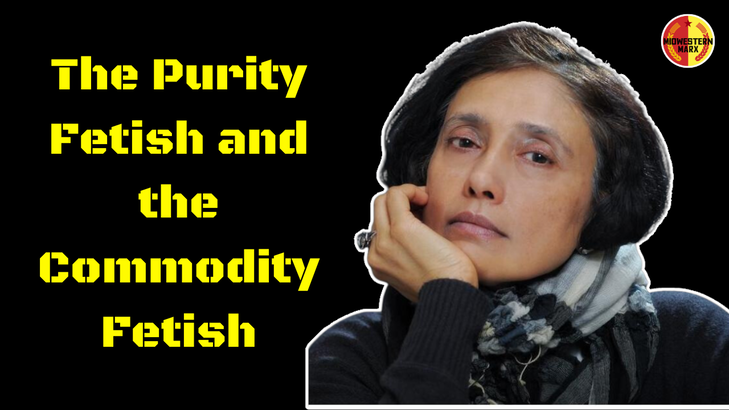
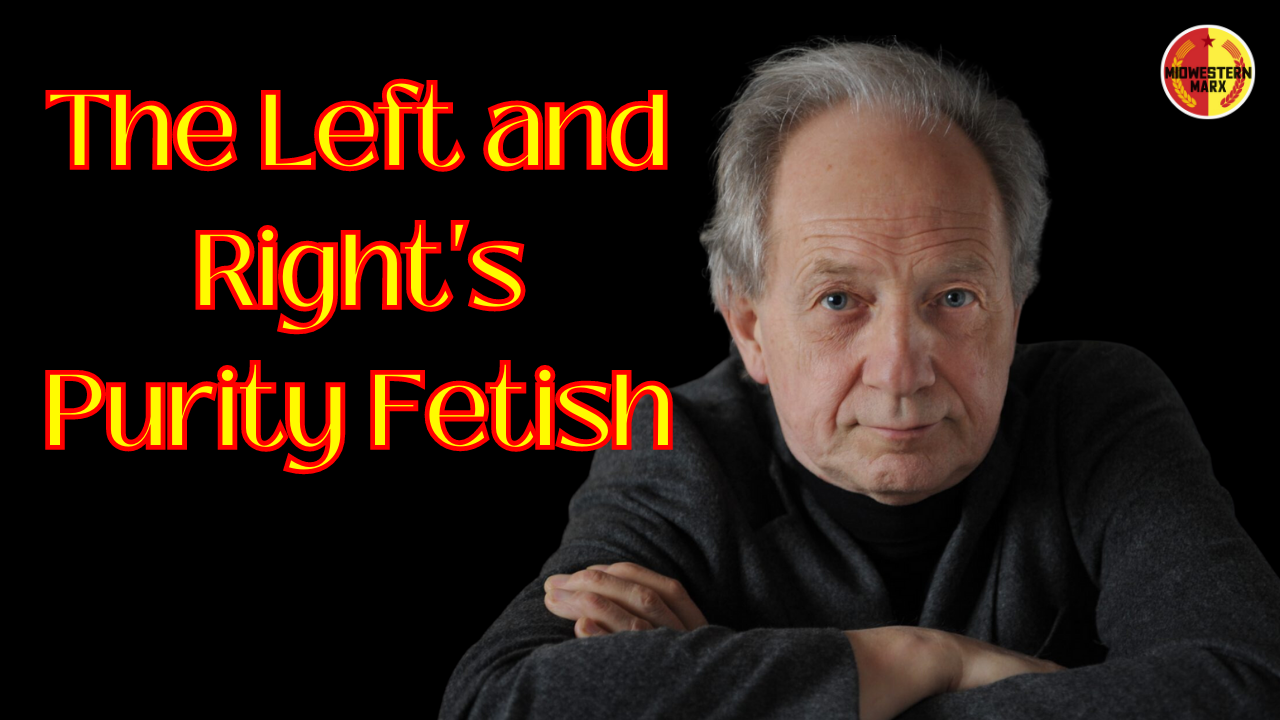
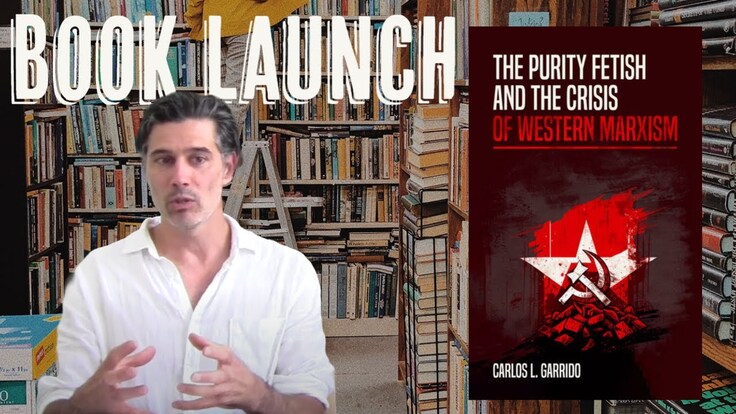



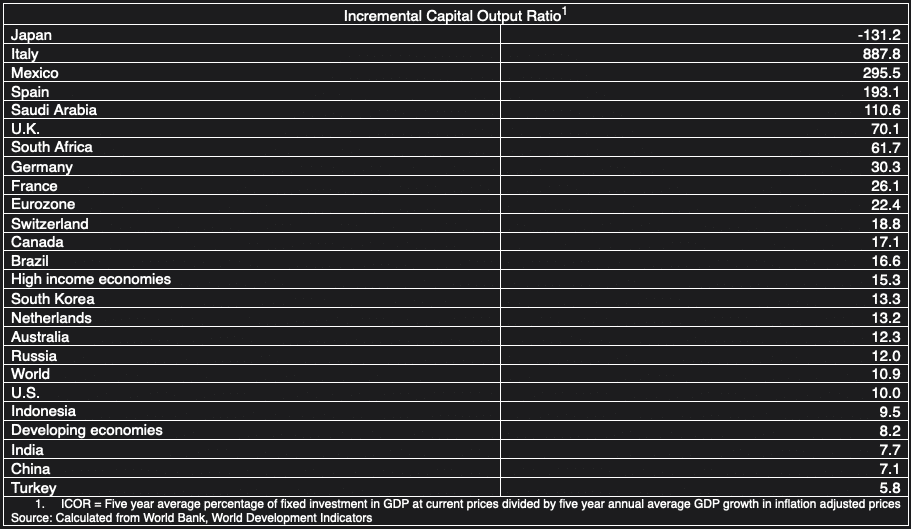
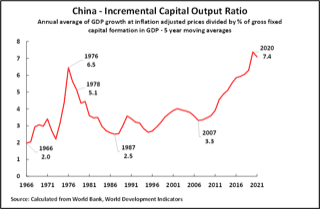
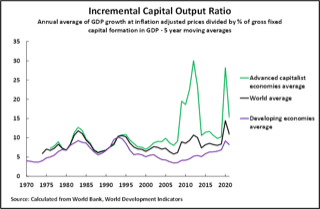
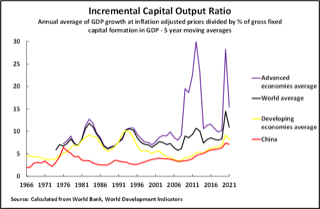
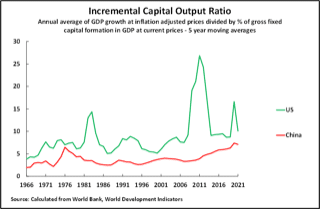
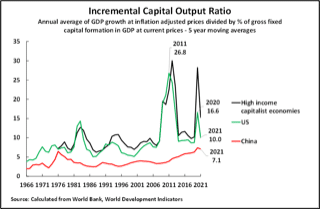
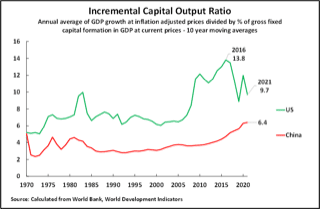
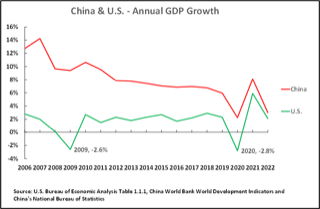
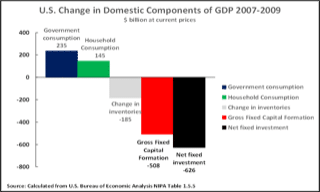
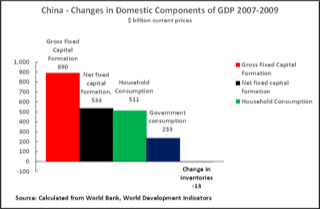
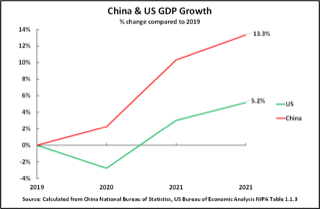
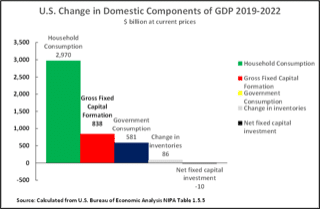
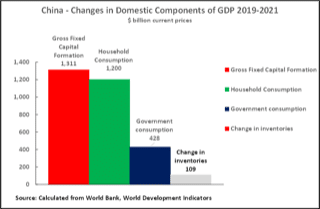
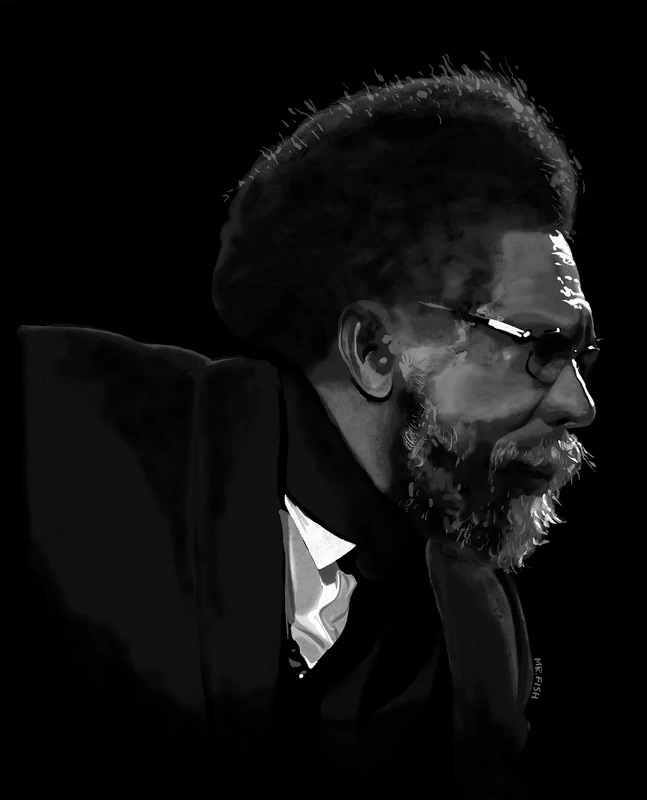
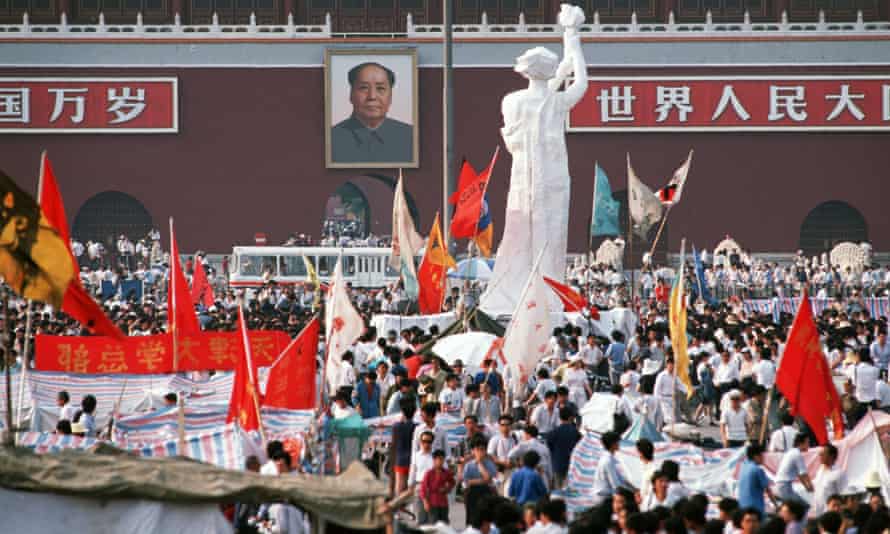

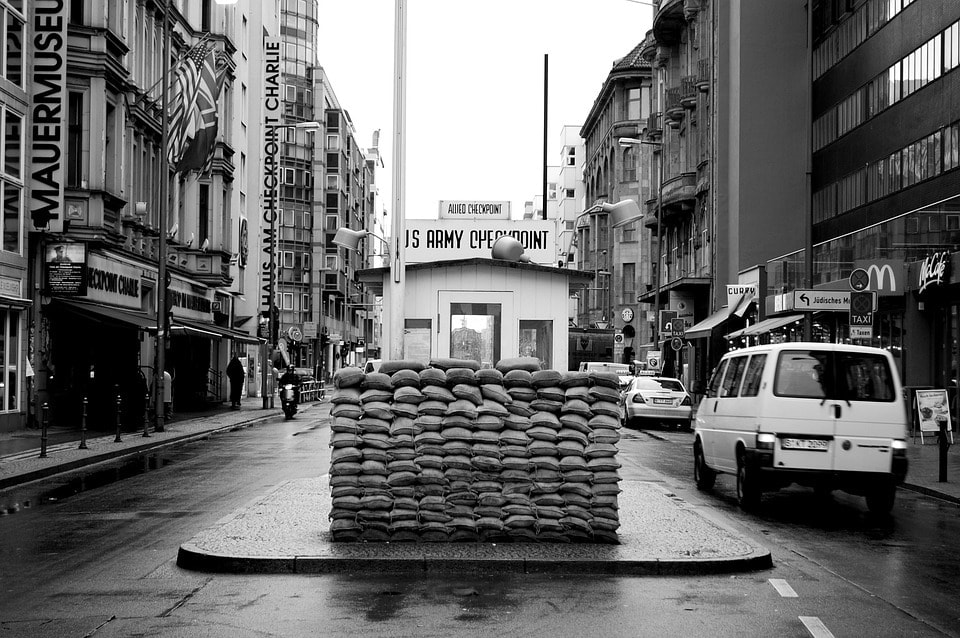
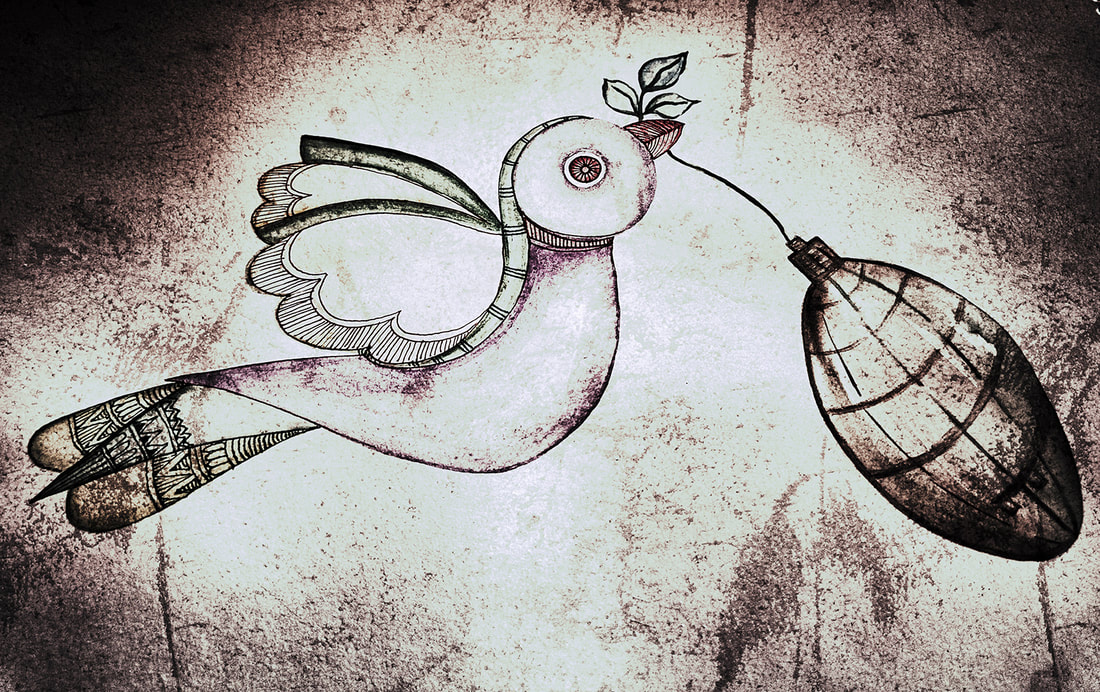
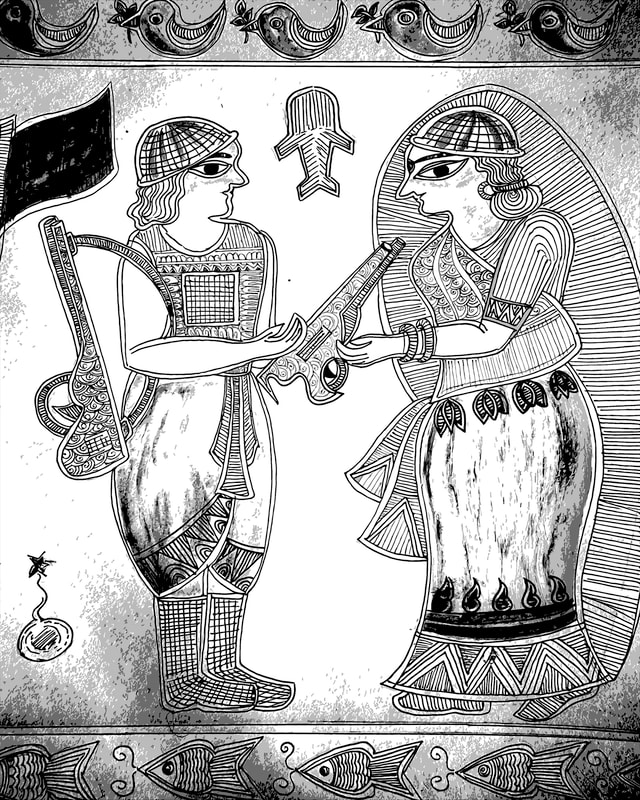
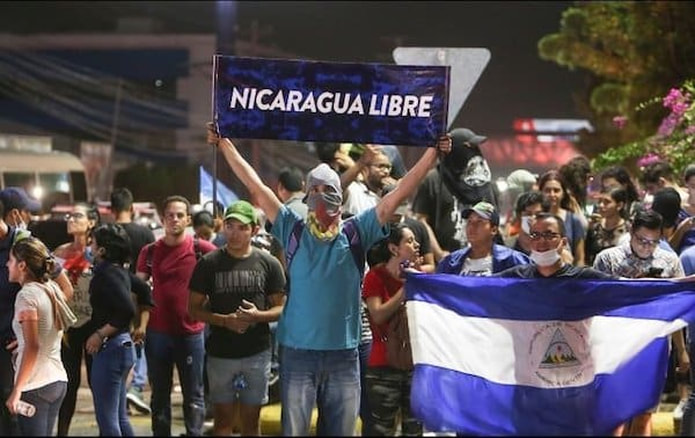

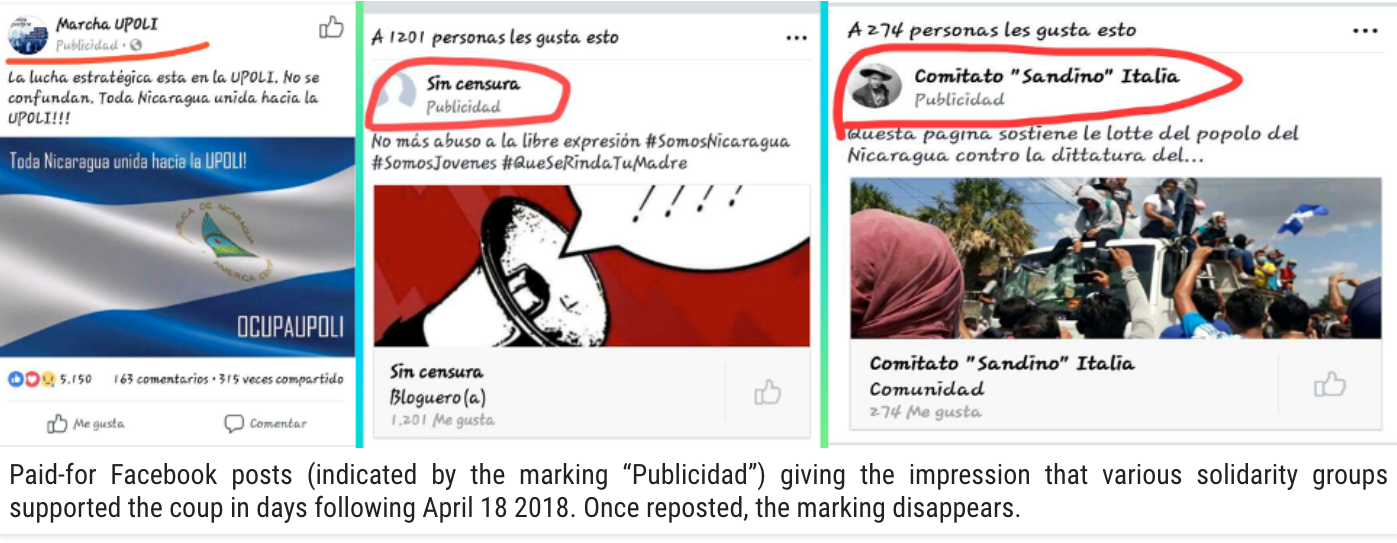

 RSS Feed
RSS Feed